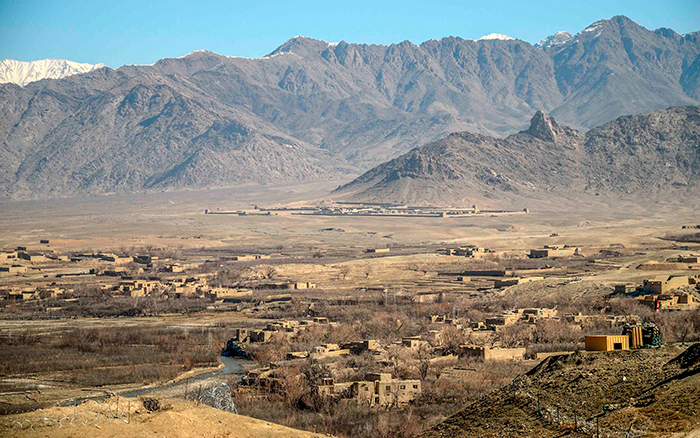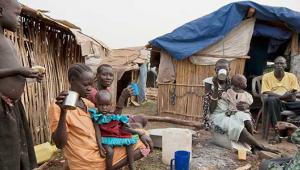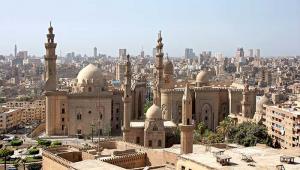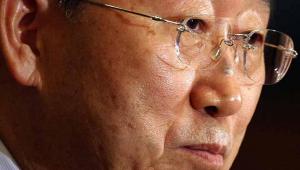afghanistan-istock-519890597.jpg

Image © iStock
The $4.4bn being requested, worth nearly a quarter of Afghanistan’s GDP, is three times the figure collected for the country in 2021 in the wake of the Taliban takeover following US military withdrawal.
It is the largest humanitarian appeal the UN has ever launched for a single country.
“The international community must do everything it can to prevent a catastrophe in Afghanistan, which would not only compound suffering but would drive further displacement both within the country and throughout the region,” said UN high commissioner for refugees Filippo Grandi.
The money would go towards buying food, supporting agriculture and funding health services, nutrition, emergency shelter, water, education and sanitation.
The UN is also seeking a separate $623m for 40 organisations working specifically to help Afghan refugees in other countries.
“The needs of refugees cannot be dismissed, nor can the generosity of host countries be taken for granted,” said Grandi.
Afghanistan’s growing crisis has left half the population facing acute hunger, more than 9 million people displaced, millions of children out of school and an economy in freefall.
Compounding the problems is the fact that farmers are facing the worst drought in decades, the UN said.
Although conflict has largely stopped, following the Taliban takeover last year, violence, fear and poverty continue to drive people across the borders, especially into Iran and Pakistan, according to Grandi.
A US spending watchdog found last year, in the weeks ahead of the military exit, that Afghanistan “remains poor, aid-dependent and conflict-affected” after two decades of war and $837bn of US spending.
According to the report from the Special Inspector General for Afghanistan Reconstruction, more than 90% of the country’s economy is informal and so avoids taxation, meaning the pre-Taliban government relied on aid for more than half of its budget spending.
With many international institutions, such as the World Bank, having scaled back their activities since the takeover, this has left the Central Asian country in an economic crisis.













